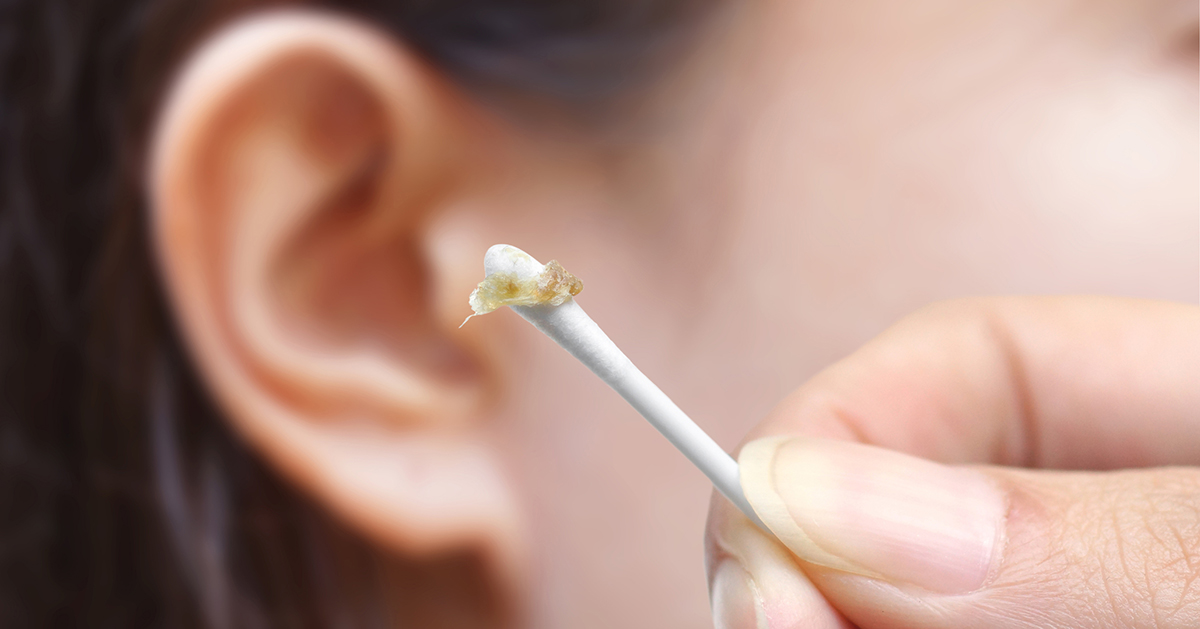How To Treat Tinnitus Effectively
Tinnitus is generally referred to as a ringing in the ears, but a variety of other sounds, such as whooshing, humming, buzzing, and whistling, are common to the condition. This condition has an abundance of potential causes and a variety of treatment options. To determine any potential underlying medical condition that may be behind tinnitus, a doctor will undertake a general physical exam including a careful examination of each ear.
A complete medical history is also part of the process, including medications, the side effects of which can include tinnitus. If the source remains unclear, an appointment with an ear specialist, such as an otolaryngologist or an otologist or a hearing specialist, such as an audiologist might be called for.
Removing Earwax

A buildup of compacted earwax can result in suffering from buzzing or ringing sounds in the ears. The wax is a natural, important secretion in the ear that keeps the ear canal lubricated while protecting against dirt, dust, and bacteria, thus helping prevent infection. If no problems are present, wax should be left alone. The ear is self-cleaning and, at most, a wipe with a tissue to remove wax on the outer ear should be necessary for maintenance. However, hairy or narrow ear canals may lead to wax build-up.
Another potential cause is the compaction of wax down the canal by cotton swabs, hearing aids, or other implements. Wax can also be caused to expand by water entering the ear during showering or swimming, giving a blockage sensation and increasing the feeling of tinnitus. General practitioners help by removing earwax by irrigation with warm water, suction, or the use of a curved instrument to snag softened wax.
Medication

While there are presently no drugs approved by the Food and Drug Administration for tinnitus, there are pharmacological possibilities to address the anxiety, depression, and stress caused by, and have been known to occasionally exacerbate, tinnitus. No medications have been found that can be shown to reverse the root of tinnitus, which is neural hyperactivity. The medication generally used to help with tinnitus management are psychoactive ones that treat behavioral issues associated with the condition.
These medicines are antidepressants and antianxiety medications that minimize the psychological burden of tinnitus. There is often a circular relationship involved with negative emotions and this condition, where tinnitus is causing anxiety, making the condition seem worse, which then causes more anxiety. Common choices include clomipramine, imipramine, protriptyline, alprazolam, clonazepam, and diazepam.
